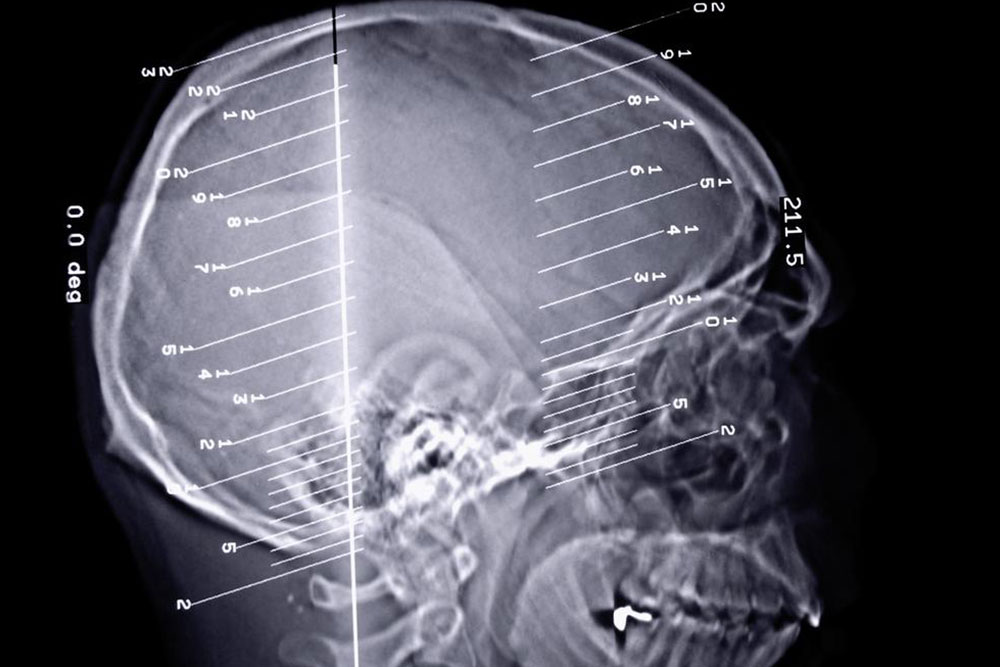Common Health Risks Associated with Irritable Bowel Syndrome
Irritable Bowel Syndrome (IBS) affects millions and is linked to several secondary health issues like SIBO, migraines, fibromyalgia, mental health disorders, and gallbladder problems. Early diagnosis and tailored treatment are vital to prevent complications. This article emphasizes the importance of professional healthcare advice for managing IBS and its associated health risks.

Health Complications Linked to Irritable Bowel Syndrome (IBS)
Irritable Bowel Syndrome (IBS) is a common functional disorder affecting millions worldwide, mainly women aged 15 to 45. It often presents with symptoms like stomach pain, bloating, constipation, and diarrhea, making diagnosis challenging due to symptom similarities with other conditions. While IBS itself is not life-threatening, neglecting proper treatment can increase the risk of developing additional health issues. Addressing IBS promptly is essential to prevent secondary complications that can impact overall wellness.
The treatment plan for IBS should also focus on mitigating its potential impacts on other body systems. Here are five health conditions commonly linked to IBS:
SIBO (Small Intestinal Bacterial Overgrowth)
SIBO is often associated with IBS symptoms and may serve as a contributing factor. Some research explores whether antibiotics targeting SIBO can alleviate IBS symptoms effectively.
Migraines
Studies indicate a notable connection between IBS, migraine headaches, and endometriosis, suggesting that managing IBS might also help reduce migraine occurrences.
Chronic Fatigue and Fibromyalgia
Research shows nearly half of IBS patients experience conditions such as fibromyalgia, depression, or headaches. Many with chronic fatigue syndrome concurrently suffer from IBS, highlighting the importance of early diagnosis and management.
Mental Health Challenges
A significant majority of IBS sufferers also face psychological conditions like anxiety or depression, emphasizing the need for holistic treatment approaches.
Gallbladder Issues
People with IBS may be at risk of unnecessary gallbladder removals driven by misinterpreted abdominal pain, not actual gallstone presence.
While IBS is connected to various health issues, proper treatment can help prevent or manage these complications. If you experience symptoms of IBS, consult a healthcare professional to explore suitable treatment options.










